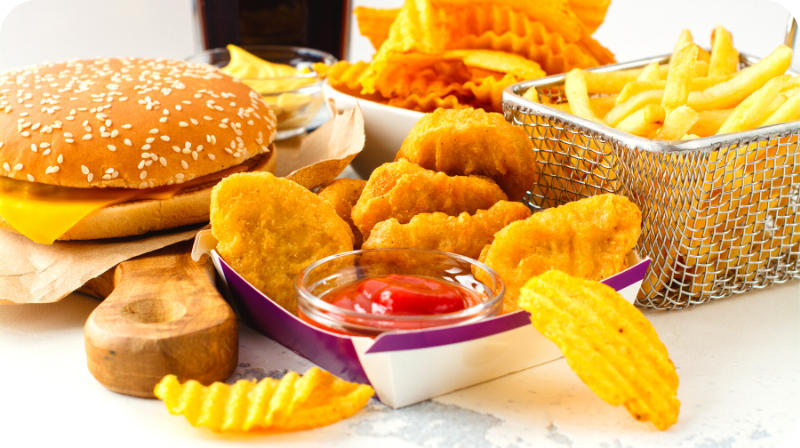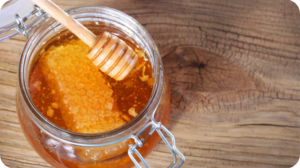It’s no mystery at this point that a diet dominated by processed food is linked to higher incidence of many diseases. A UK study has now added to that body of knowledge and reinforced previous research conclusions. The study looked at consumption of what is known as ultra-processed food—consumer products that a home cook could not re-create, due to ingredients such as widely unavailable complex chemicals and additives, and sophisticated manufacturing processes.

The study, recently published in the online journal eClinicalMedicine, revealed that these foods significantly increase the risk of several different cancers. The researchers put shocking numbers to their findings, stating for every 10 percent increase in the consumption of ultra-processed food products, there was a consequent increase in cancer risk of 2 percent. More alarming was the finding that each 10 percent increase in consumption lead to a 6 percent increase in potential mortality from cancer.
This study built on an existing body of research, including a study published last year in the journal BMJ, which found a diet high in processed foods increased the incidence of colon cancer and the risk of premature death from heart disease. Lest anyone think that this is not a serious issue, consider what a study published in the journal of the American Medical Association, JAMA, found: ultra-processed foods comprise 67 percent of children and teens’ diets in America; and 58 percent of the average adult diet.
The problem is actually fourfold. Modern convenience-food processing eliminates much of, if not all nutritional value, the chemicals and additives used are often harmful to long-term health and not meant to be consumed in quantity, the foods are often extremely high in unhealthy ingredients such as refined sugar or trans fats, and the products are specifically designed to trigger addictive consumption. Unfortunately, these products are also often more widely available at a much cheaper cost than unprocessed whole foods.
There is a small but growing movement to label products as “ultra-processed”. Until that happens, it would be wise to institute certain strategies that will help ensure you don’t make these products a significant part of your diet.
Protect Your Diet, Protect Your Health
A few simple habits can limit the impact ultra-processing has on your diet and health.
- Label Check: The Rule of 6. If a canned or packaged foodstuff lists more than six ingredients on the label, it’s likely to be ultra-processed. If you see a long list of chemical names you don’t recognize and can’t pronounce, best to leave the product on the shelf.
- Make Treats Special. Total denial is usually unrealistic. Allow a weekly or bi-weekly treat, whether it’s store-bought lasagna or a candy bar. Remember, it’s the quality of your overall diet that matters.
- Create Healthy Homemade Versions. Love potato chips? Why not slice purple potatoes thin, toss in grated parmesan, salt and pepper, and air fry? You might find you love your homemade version even more. You can also put a healthy spin on a favorite convenience food. It doesn’t take much more effort to make a mini pizza with whole wheat pita, crushed tomatoes, your favorite spices, and organic cheese. That delicious, filling dinner will be much healthier than a frozen packaged option.
In our busy modern world, it is exceedingly easy to slide down the slippery slope of relying on excessively processed convenience foods. However, the evidence is overwhelming that a diet dominated by these products can lead to serious diseases and less promising health outcomes. There is, it is clear, no substitute for a healthy, well-rounded, thoughtful diet.





